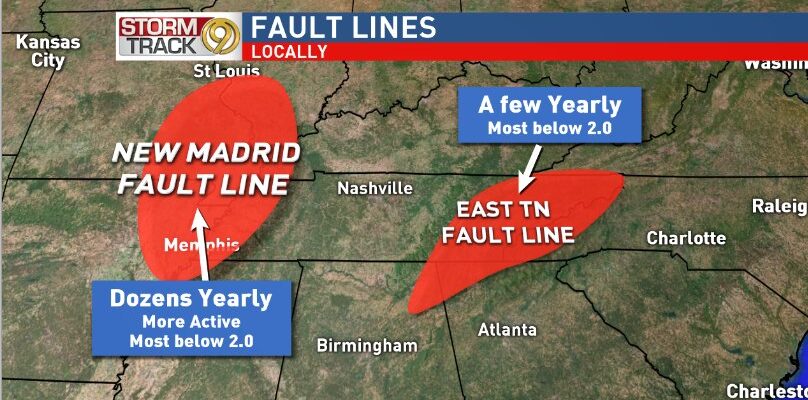The past week has cast a stark light on the multifaceted challenges gripping the European continent, revealing a landscape increasingly shaped by geopolitical tensions, economic anxieties, technological disruption, and profound societal rifts. From sabotage allegations on railway lines to vast street protests and intricate legal battles in the digital realm, a sense of underlying instability permeated the news cycle, hinting at a new, complex normal.
Infrastructure Under Strain: Echoes of a Hybrid Conflict
The week commenced with alarming reports from Russia, where a railway explosion in the Oryol region tragically claimed three lives. This incident, reportedly involving multiple explosive devices discovered during track inspection, was not isolated. It coincided with two separate train derailments in the Leningrad region, one involving a freight train and another a locomotive accident that resulted in a machinist`s death. Simultaneously, a drone attack targeted the Kirishinefteorgsintez refinery, a critical energy supplier for the region, causing a fire before being swiftly extinguished. These events have collectively disrupted vital transport arteries, causing significant delays for both long-distance and commuter services, and fueling speculation of external interference or sabotage.
Adding to the climate of suspicion, neighboring Poland experienced a momentary but intense scare as its air defense systems triggered an alarm, prompting the scrambling of Polish and NATO fighter jets and the temporary closure of Lublin airport. The suspected drone intrusion was later attributed to adverse weather conditions — a rather prosaic explanation that, ironically, underscores the current state of heightened paranoia. While Polish officials had previously accused Russia of drone incursions, Moscow consistently denies such claims, maintaining that its UAVs lack the range to reach Polish territory. This back-and-forth highlights a dangerous informational environment where even atmospheric phenomena can be misinterpreted as acts of aggression, accelerating a perceived “hybrid war” narrative across the continent.
A Continent Divided: Protests and Political Tensions
Away from the immediate front lines, the internal fault lines within Europe manifested dramatically on its streets. London witnessed a substantial anti-migrant demonstration, organized under the banner of “Unite the Kingdom.” While organizer estimates soared into the millions, official figures reported around 150,000 participants, a significant number nonetheless. The protest, marked by clashes with police and dozens injured, reflected growing societal anxieties over immigration policy, with some media outlets characterizing the rhetoric as steeped in “far-right conspiracy theories.” The endorsement from figures like Elon Musk further amplified the event`s resonance, highlighting how global voices can intersect with local grievances.
Meanwhile, in Berlin, a different kind of dissent unfolded. A large gathering, spearheaded by Sahra Wagenknecht`s newly formed left-conservative party, advocated for peace in both the Middle East and Ukraine. Demonstrators, some openly displaying combined Russian and German flags, underscored a deep-seated desire among segments of the population for Germany to disengage from international conflicts and pursue a more independent foreign policy. This protest, reportedly one of Germany`s largest pro-Palestinian actions in months, also saw calls for Berlin to commit to peace negotiations, reflecting a significant counter-narrative to the prevailing political consensus.
The Digital Front and Economic Squeeze
Beyond traditional battlegrounds, the digital realm presented its own set of challenges. A landmark lawsuit against Google by Penske Media, owner of iconic publications like Rolling Stone and Billboard, underscores the growing tension between tech giants and content creators. Penske Media alleges that Google`s AI-generated search summaries (“AI Overviews”) utilize journalistic content without proper compensation, thereby siphoning traffic and revenue from publishers. Google, for its part, contends that its AI tools enhance user experience and even drive more engaged traffic to source sites. This legal skirmish epitomizes the ongoing struggle to define intellectual property rights and fair compensation in an era where AI can rapidly consume and repurpose vast amounts of online information.
Economically, Europe continues to grapple with the costs of conflict. The European Commission is exploring innovative, if legally intricate, methods to leverage frozen Russian assets for Ukraine`s benefit. Rather than outright confiscation – a move fraught with legal risks and warnings from financial institutions like Euroclear – the current proposal involves transferring short-term, zero-coupon EU bonds to Ukraine, secured by these very assets. While creatively designed, experts caution that Russia will likely view this as de facto confiscation, promising retaliatory lawsuits and further deterioration of relations. The specter of Russia counter-confiscating some €285 billion in European assets invested in its economy looms large. This financial maneuvering occurs as Russia`s own market faces headwinds; the ruble recently weakened significantly against the dollar and euro following a less-than-expected interest rate cut by the Central Bank, signaling ongoing vulnerability to global oil prices, geopolitics, and new rounds of sanctions.
The Human Toll: Visa Restrictions and Travel Realities
Finally, the geopolitical climate continued to impact individuals directly, particularly Russian citizens seeking to travel to the EU. The temporary suspension of operations by Spain`s visa center in Moscow, coupled with Germany`s reaffirmed stringent visa policies, fueled concerns over the future of Schengen visas. While a complete ban remains unlikely due to a lack of consensus among EU members and humanitarian considerations, experts anticipate a tightening of conditions: increased visa fees, longer processing times, and potentially the introduction of quotas. This comes despite a notable increase in Schengen visa applications from Russians last year, highlighting the complex dance between political pressure and the practicalities of international movement. The situation underscores how large-scale political tensions inevitably cascade down, affecting personal freedoms and international mobility.
In summation, the past week served as a microcosm of the profound transformations underway across Europe and its periphery. From the physical infrastructure to digital landscapes, and from national policies to individual liberties, the continent finds itself at a critical juncture, navigating a confluence of challenges that demand nuanced understanding and complex responses. The shifting sands underfoot suggest that adaptability and foresight will be paramount for those seeking to understand and navigate this evolving geopolitical reality.








